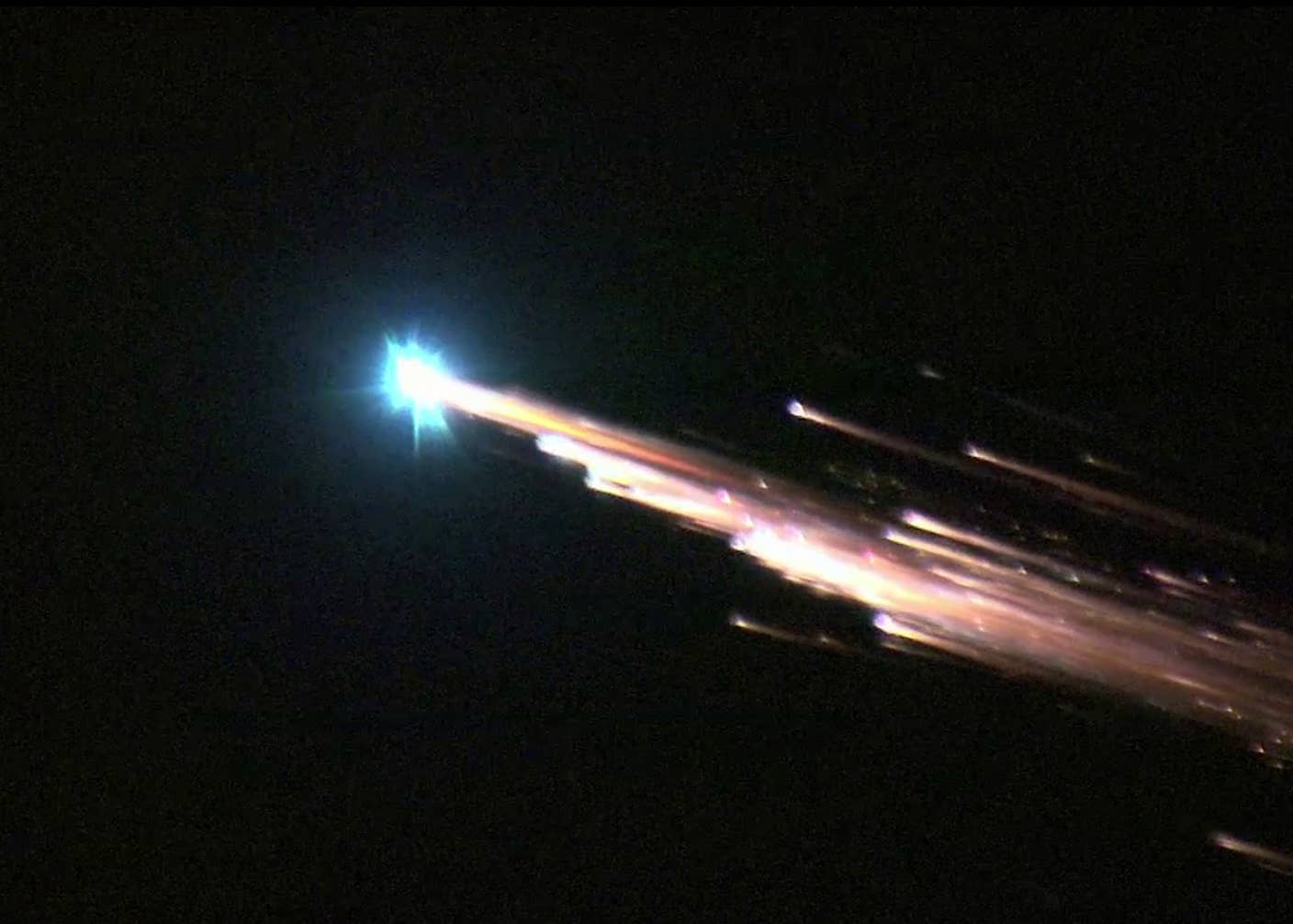Is There a Digital Afterlife?

Share
There are well defined legal, social, and religious traditions that come into play when our physical lives end that help decide how people remember us, and what happens to our property. Yet we also have digital lives, and their fates are much less understood and controlled. Facebook pages, Google, Twitter - all of these services exist in a legal murky ground after you die as most of these companies maintain rights to any public information you share through their sites. That can prove hectic to loved ones trying to tie up loose ends after someone has passed, but it also highlights a curious condition of the modern age: we may continue to live long after we die thanks to our online records. Are we creating a digital afterlife?
Social media is big and getting bigger: there are over 400 million active Facebook users, Twitter has around 106 million, and there are millions more on MySpace, Yelp, Flickr, Google Buzz, YouTube etc, etc. Everyday, internet users contribute billions of pieces of new content to these sites (25 billion per month for Facebook) creating a sort of virtual presence on the web. Funny things you post on a friend's wall, a review for a local restaurant, a video of you at a wedding, a tweet describing the obnoxious guy next to you on the bus - these are all stored and maintained by these ever growing online media hubs. The virtual you is a living record of your thoughts, actions, and publicly shared experiences.
Digital Life as Property
Currently, it's unclear if that record should be treated like all other records of people's lives. If you leave a diary, it becomes a property of your heir. If you leave a Facebook page...Facebook probably still owns it. The property rights surrounding digital information isn't well regulated in the US, and it leads to most companies making common-sense approaches to the topic.
Facebook, for instance, maintains rights to your activities on your site and they have the right to terminate an inactive account after a certain period of time. However, they are very willing to turn a deceased person's profile into a memorial. Simply contact the company with the proper documentation (proof of death, etc) and they'll strip a profile of its status updates and user access and turn it into a place where loved ones can post loving comments on the wall and share memories. There's been some speculation about how many such memorial accounts exist.
Gmail accounts can also be terminated after a period of inactivity (9 months). Which means that the email addresses of the deceased may simply fade away after time. If you want access to a deceased person's account, it takes some doing. You'll need a death certificate, proof of power of attorney, an email from the account in question. The same, predictably, applies to YouTube accounts.
The rest of the social media sites are an assortment of responses to the death question. According to the investigations of blogger Dan Howe, Twitter will close an account upon request, but not pass it on to a loved one. According to NPR, Yahoo has a similar policy in place. All Things Considered ran an interesting segment on the topic last year and also a segment on the topic just days ago.
As mentioned in the NPR clip, there are companies which will help you manage your online data after you die by creating a sort of digital will. Legacy Locker and Asset Lock (among others) will help loved ones access your accounts in the case of your death. There's a Facebook group that (humorously?) helps you plan for the occasion. E-obituary will keep a record of your life and death (which you can write before hand). Companies like GreatGoodbye take it a step further and give you the means to speak from beyond the grave in emails and farewell messages.
Digital Life as Life
Be Part of the Future
Sign up to receive top stories about groundbreaking technologies and visionary thinkers from SingularityHub.


These services may need to evolve in the years ahead. Our digital lives may be capable of carrying on long after we die. When Facebook profiles become memorials, sometimes they get more traffic than they ever did when their associated person is living. (Out of respect I will not link to an example profile, but a search in Facebook will yield quick results if you are interested). YouTube videos can become media sensations, whether or not the people featured are still alive. Twitter feeds are often picked up and rerun, increasingly often in Google search results, allowing them to propagate on indefinitely.
The importance of these little digital pieces of you may seem trivial now, but they are increasing in number and depth. We are spending an increasing amount of time on social media sites, sending thousands of emails, and much of our professional work is being archived and cross referenced online. Let's also not forget that privacy mores are shifting, with people becoming increasingly comfortable with sharing personal thoughts and intimate experiences online. From status updates to blogs...it's all adding to the digital you.
Some people, like futurist Ray Kurzweil, have big plans for the records of loved ones. As discussed in the documentary Transcendent Man, Kurzweil plans on using information about his father to eventually reconstruct a virtual copy of the man. His theory is that given the right understanding of psychology and brain chemistry we may be able to recreate a semblance someone from the memories they leave behind. Kurzweil's father died years before we had online digital records - imagine the possibilities that could exist now.
Yet even if our digital lives are never used to create a literal digital afterlife as Kurzweil envisions, they will still grant a quasi-permanence to our existence. A hundred years ago someone might have had a photo of themselves that loved ones could remember them by. Now, some of us have thousands upon thousands of photos and images on Facebook and flickr. Add to that the videos, the emails (which are now archived instead of deleted), and the wall messages...so much of our lives are captured online. With storage of these recordings moving from individual computers to vast arrays of servers 'in the cloud', they may stick around forever. There's an immortality in that, one that is greater in its own way than the immortality we enjoy in other people's memories. Want to live forever? ...Which you? Medical advancements may keep your physical form alive, but your digital self could shed mortality even easier. And who knows, maybe Kurzweil is right and we'll all have the chance to be reborn from the recordings we leave behind.
Hmmm...I think there's some photos I need to remove from my Facebook account.
[audio credit: NPR, All Things Considered]
[sources: NPR, Facebook, Google, Dan Howe]
Related Articles

Sparks of Genius to Flashes of Idiocy: How to Solve AI’s ‘Jagged Intelligence’ Problem

US Solar Surged 35% in 2025, Overtaking Hydro for the First Time

More Space Junk Is Plummeting to Earth. Earthquake Sensors Can Track It by the Sonic Booms.
What we’re reading
